- Waiver request. A state agency may request a waiver from requirements of the rules of this chapter from the Director of the Office of Management and Enterprise Services, if:
- the state agency reasonably believes that it would be unable to perform a necessary function due to the inability to make an acquisition pursuant to rules of this Chapter; or,
- a court order directs the state agency to make an acquisition from a specified supplier or provider.
- Approval of waiver request. After the request is reviewed, the OMES Director shall notify the state agency of the approval, conditional approval or denial of the waiver request.
74 O.S. § 85.1. Citation
Sections 85.1 through 85.45k of this title shall be known and may be cited as "The Oklahoma Central Purchasing Act."
Associated Rules
Unless otherwise provided by law, state agencies shall acquire information technology products and services in accordance with the Oklahoma Central Purchasing Act [74 O.S. §§85.1 et seq.], the Oklahoma State Finance Act [62 O.S. §§34 et seq.] the rules of this chapter, and requirements established by the Information Services Division of the Office of Management and Enterprise Services.
Associated Case Law
Referencing the current §85.4.B subsection, the court upheld the premise that federal direct assistance grants fall within the spirit of the subsection B exemption and held that products obtained without expenditure of funds from the state treasury, but by debiting some “account” created from a federal direct assistance grant, should not be subjected to additional restrictions imposed by the Central Purchasing Act. Additionally, the Court noted that the Central Purchasing Act was intended to protect the people of Oklahoma by promoting economy in government and reducing the likelihood of fraud. See 74 O.S. §§ 85.1 and 85.4.
The Office of Management and Enterprise Services has sole authority to approve material modifications of agreements once it has accepted a bid in response to an invitation to bid, in the absence of some other Legislative authority to the contrary or specific approval from OMES sanctioning another agencies’ authority to agree to such a modification. Material modification by agencies after a contract is awarded by OMES, without approval of OMES, would completely undermine the intent and purpose behind the Central Purchasing Act; put differently, the Court stated that allowing agencies to subsequently negotiate and modify material clauses after other parties have been excluded through the competitive bidding process, undermines the integrity of the system and makes such a system meaningless. The overriding public policy interest is that found in the Central Purchasing Act which generally requires private suppliers selling goods and services to state agencies to deal with a central entity, the Office of Management and Enterprise Services, to promote efficient and cost effective use of taxpayer money and to prevent fraud in these dealings. The Court noted that the Central Purchasing Act was designed to protect the public at large by promoting economy in government and reducing the likelihood of fraud and it ensures that government officials are accountable to public and are discharging their duties competently and responsibly. The Court also noted that agency rules have the force and effect of law. See 74 O.S. §§85.1 and 85.5
The Central Purchasing Act governs the expenditures of the various governmental agencies in acquiring goods or services and, unless exempted by the Legislature, the Act applies to all state agencies. That Act provides procedures for a state agency’s acquisition of items, products, supplies, services, or equipment. See 74 O.S. §§85.1 and 85.2.
Where the state is acting in its sovereign capacity and is suing to vindicate legal rights which are public in nature, rather than private, the suit is not barred by limitation of actions. The court found that assuring the rights of the public to have state contracts for services protected by written contracts and competitive bidding; provisions insuring government officials are accountable to the public and are discharging duties competently and responsibly; and laws requiring competitive bidding and written contracts protect the public at large by promoting economy in government and reducing the likelihood of fraud, were public rights against which the limitation of actions does not run. This case involved the state’s allegations of fraud and the court also noted that the public interest shall not be prejudiced by the negligence of public officers to whose care it is consigned. See 74 O.S. §§85.1 and 85.7.
Purchasing Reference Guide
- Introduction
- Oklahoma Central Purchasing Act
- Other Procurement-Related Statutes in Title 74
- Information Technology Procurement
- IT Procurement-Related Statutes in Title 62
- Pay for Success Act
- Oklahoma Correctional Industries Procurement-Related Statute
- OMES Procurement-Related Administrative Rules
- Procurement-Related Caselaw
- Procurement-Related Attorney General Opinions
- Procurement Information Memorandums


